Satiating foods to help control your appetite
Weight control is not easy for most athletes and we know that going into a calorie deficit is the only way to do it, which means either eating less or increasing calorie expenditure. If you have chosen to reduce your intake, here are some satiating foods that will help you keep hunger at bay.

5 satiating foods: one of the secrets to losing weight without feeling hungry
We already know that hunger is uncontrollable. In fact, it's your body's alert to remind you that it needs to take in a certain amount of calories to stay alive. But if you are trying to lose weight, hunger is not your ally, because to lose weight you will eat fewer calories and lighter (more easily digestible) foods, so hunger will come sooner and come with more force.
This is where satiating foods play an important role, which, when eaten sensibly and in moderation, will help you enormously to alleviate your craving for food. You'll quell your hunger and let your body focus on burning fat instead of activating its survival alert.
RECOMENDADO
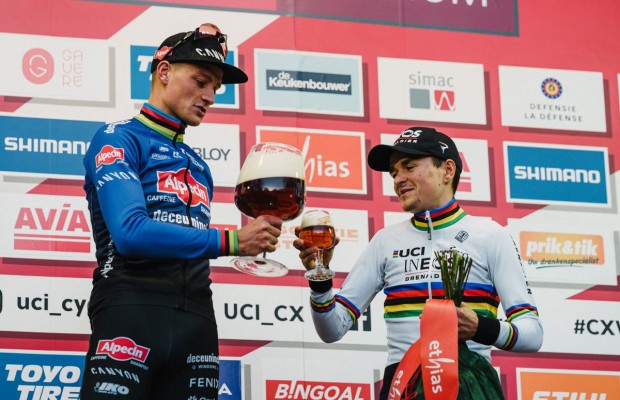
Alcoholic beverages with the fewest calories

What would you do if you won the lottery? This cyclist bought himself a €20,000 bike

Tips for cycling in the rain
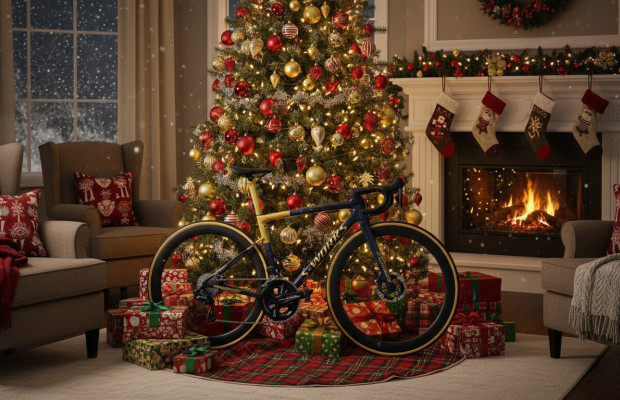
25 cycling gifts ideas to get it right

When do helmets have to be changed? Do they have an expiration date?
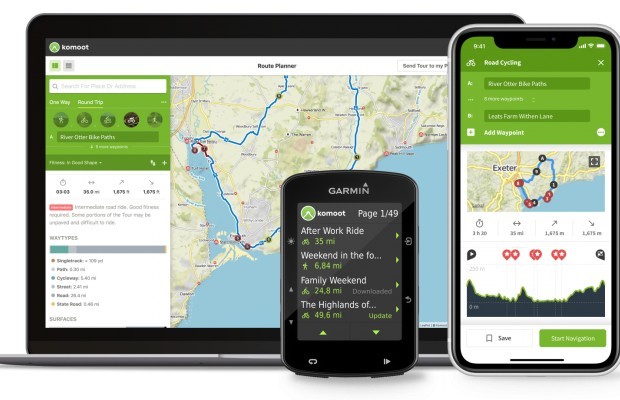
The best apps for cycling and mountain biking
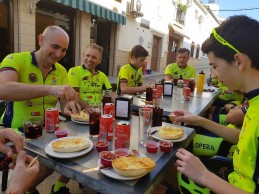
Here are some particularly satiating foods:
- The potato. Of course, depending on how you cook it, it can help you lose weight to a greater or lesser extent. The potato itself has a high carbohydrate content, so it is not a panacea for weight loss either. But cooked, with no added fat, it is perhaps the most satiating food there is. If you accompany it with some vegetables, you can increase its satiating power without ingesting too many calories.
-
Cereals in general. Oat flakes, for example, are already sold as cereals and are one of the most important satiating foods. In addition, oats contain a high level of vegetable proteins, so they provide more than other cereals that are also satiating.
-
Pulses. Chickpeas or lentils will help you lose weight because their ability to make hunger disappear is very high. Don't think about fatty stews, but cooked legume salads.
-
Nuts have always been a great ally for cyclists. Not only because of their satiating capacity, but also because of their high protein and fatty acids. But they have two other points in their favour: they take up little space, so they are easily transportable on your cycling routes; and, in addition, eating them requires good chewing, and let's not forget that salivation and chewing are two fundamental processes to achieve full satiety.
-
Fish is a satiating food by definition and very low in calories. Moreover, there are fish, within this generality, whose amount of calories is minimal. Cod and hake stand out above all, two white fish whose minimum amount of calories will help you to lose weight easily.
There are many more foods that are good for cycling, but to lose weight, look for these satiating foods more often.
There's life beyond satiating foods: water and chewing
Finally, water is essential. Drinking the recommended daily amount of water will help to ensure that not everything you eat is pure calories. Water will also improve the elimination of waste from your body, which is also an important way to lose weight even if it is not a satiating food. Don't forget to always carry your bottle with you in your daily routine, and hydrate well on your bike rides. It's the best way to digest, synthesise and expel what you digest.
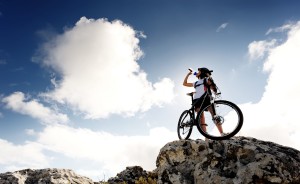
There is also something important to remember. The more you chew and the longer it takes to eat, the sooner the satiety signal will reach your brain and the less food you will need to eat to feel full. That's when you can think about how much you need to eat to lose weight and stay fit. In other words, the hypothalamus is in charge of controlling hunger, and if you want to lose weight, you need to know how it works: once the first food reaches your stomach, the satiety signal takes about 20 minutes to reach the hypothalamus so that it reduces your hunger.
That's why, when you eat something before lunchtime (about an hour before), you don't feel hungry at lunch. Because your brain has already switched on. So, in addition to satiating foods, never forget to eat slowly, chew your food thoroughly and don't be in a hurry to finish.